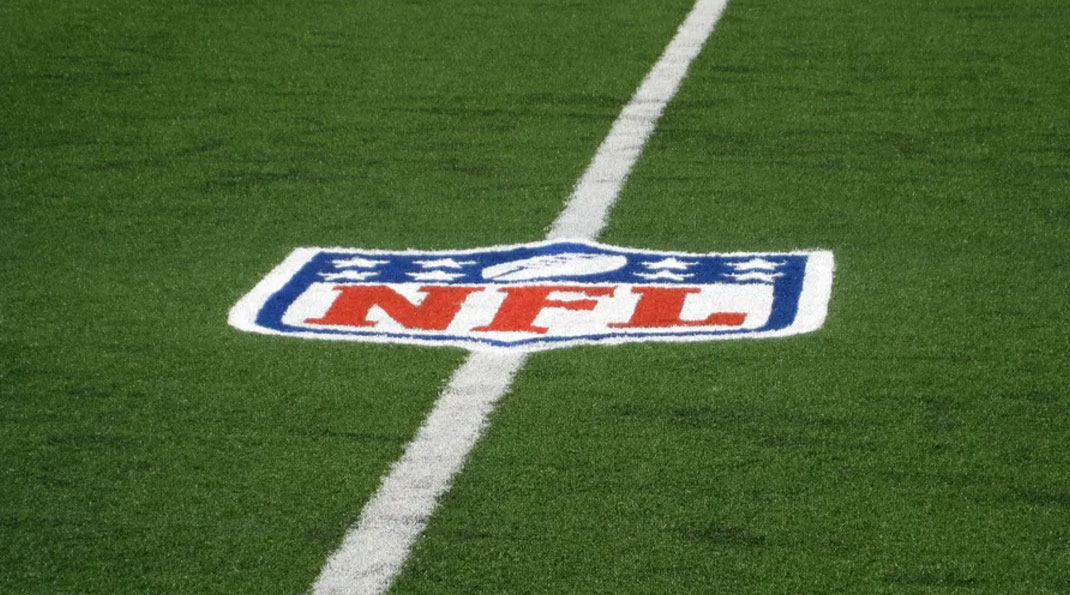PROVIDING YOU WITH ALL THE BEST BETS

Every NFL fan has had this conversation. Your team’s playing at home, and you feel confident—borderline cocky—because of “home-field advantage.” But is it really the key to victory, or just another sports superstition fans cling to like lucky socks?
This blog dives into the concept of home-field advantage in the NFL, unpacking whether it genuinely gives teams the edge or if it’s just overhyped. Spoiler alert—there’s more to the story than meets the eye.
What Is Home Field Advantage?
At its core, home field advantage means that NFL teams perform better when playing on their home turf. The reasons are typically chalked up to crowd support, field familiarity, and less travel fatigue.
Historically, this concept has been a staple in sports. Think about it—teams defend their home like it’s sacred ground, and fans, the unofficial 12th man, bring the noise to rattle the opposition. The NFL is no different.
However, the NFL’s idea of home-field advantage goes back to its very beginnings, when home games often meant no long-distance flights. Players felt more comfortable playing in environments they knew, and the crowds were packed with die-hard locals. Fast forward to today, and the narrative remains firmly planted in the bedrock of the sport.
Key Factors Contributing to Home Field Advantage
Breaking it down, there are a few major players (pun intended) in this home-field narrative.
Crowd Noise
If you’ve been to a stadium like Arrowhead or Lumen Field, then you know that crowd noise isn’t just a vibe—it’s a weapon. Deafening roars disrupt communication between offensive players and force them into mistakes, like false starts or missed audibles. Aaron Rodgers can probably hear it in his nightmares.
However, it’s not universal. Some venues are louder than others, and some quarterbacks thrive on silencing hostile crowds.
Familiarity with the Field and Conditions
Every stadium has its quirks. From Lambeau Field's frozen tundra to Mile High's thin air, home teams know how to adapt to their conditions better. Visiting teams? Not so much.
Weather plays its role, too. Miami’s heat? Seattle’s rain? Minnesota’s indoor domed perfection? These environmental conditions can give a hefty edge to the local squad.
Travel Fatigue
You’d think hopping on a chartered flight wouldn’t rattle a team too much, but travel fatigue is absolutely a thing in the NFL. Adjusting to new time zones, sleeping in hotel beds, and long bus rides all add up. Now imagine doing all of that and then walking into a stadium where 70,000 fans are trying to drown out your every thought. Not ideal, right?
The Psychological Impact
Playing at home doesn’t just affect a team—it boosts the entire community. Players feed off the energy of their fans, coaches feel the uplift in morale, and there’s this unspoken duty to protect home turf.
Imagine being an NFL player running out of the tunnel to the sound of your name being chanted by tens of thousands. That’s not just hype—it’s adrenaline and confidence on tap.
But the reverse is true, too. Players can easily psyche themselves out when facing a hostile away crowd. Ever heard about home teams trying to intimidate with blaring horns, tunnels of smoke, or Viking ship rituals? It’s all part of the mind game.
In the NFL betting world, the psychological aspect of home-field advantage is so real that oddsmakers sometimes adjust the betting lines NFL depending on the venue. It’s that crucial.
Counterarguments and Notable Exceptions
With all that said, home-field advantage isn’t infallible. Some teams thrive on the road. Look at the 2007 New York Giants, who defied all odds and won an away game at Lambeau during one of the coldest playoff games just to knock off the previously undefeated Patriots.
Then there’s the rise of “road warrior” teams who’ve built strategies around minimizing travel fatigue by arriving days early or adopting neutral-site practice routines. These teams neutralize the supposed edge home teams enjoy.
Is It Fading Over Time?
Modern advancements in sports science, technology, and team logistics have undoubtedly chipped away at home-field advantage. Teams are flying in private jets, sleeping in top-tier hotels, and practicing with crowd simulation speakers blaring during training.
And then there’s replay technology and officiating improvements—the days when a raucous crowd could sway a ref’s decision have all but evaporated.
Analytics-focused coaches are also revolutionizing the game. By emphasizing preparation, data-driven play-calling, and mental conditioning, teams are redefining what it means to win away from home.
The Final Verdict
Is home-field advantage real in the NFL? Yes, but its impact is situational. Data suggests there’s a slight edge, but it’s not the magic bullet fans might hope it is.
Crowd noise, field familiarity, and travel fatigue can all contribute to the advantage. But exceptions such as road warrior teams, advanced technology, and declining win percentages highlight that it’s not the game-breaker it once was.
For fans? Home field advantage will always feel like a sacred truth, and who could blame them? Whether it’s the collective passion of a roaring stadium or the comfort of a familiar routine, playing at home will always carry its legends.
But legends don’t win games—players do.
